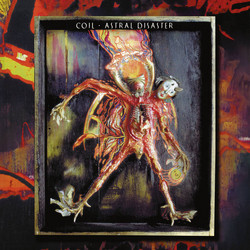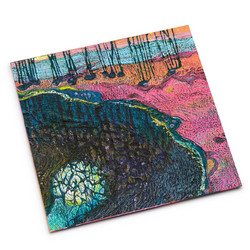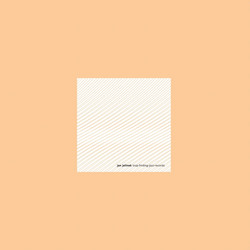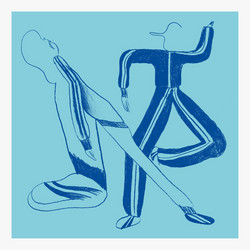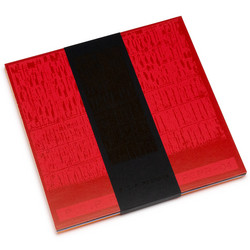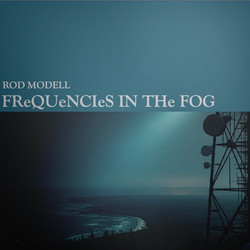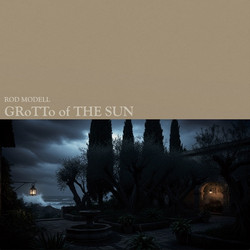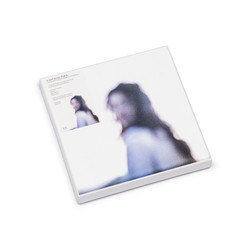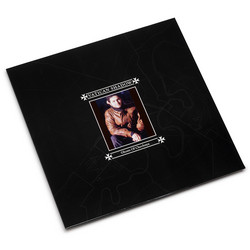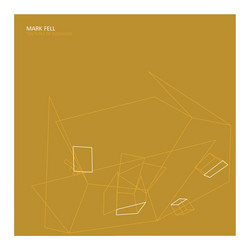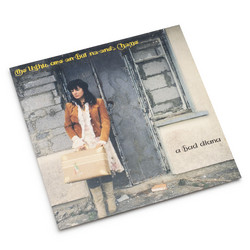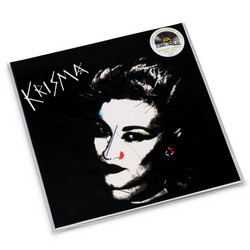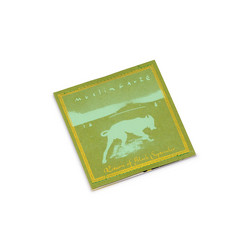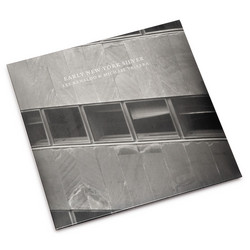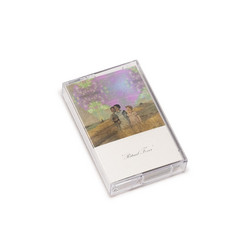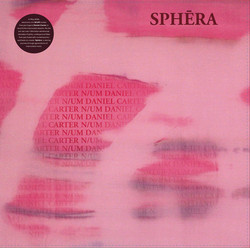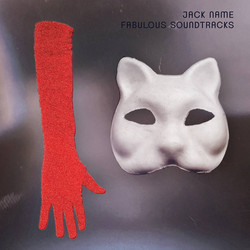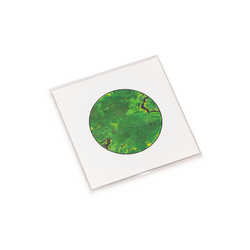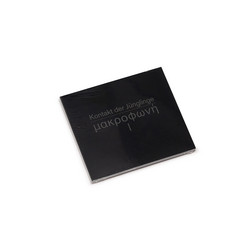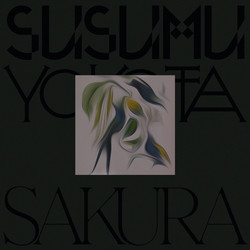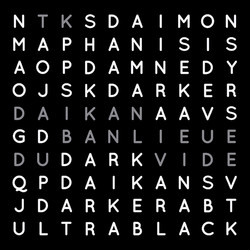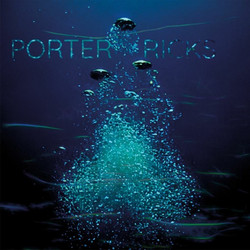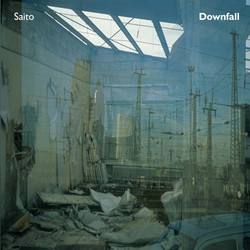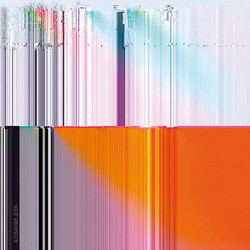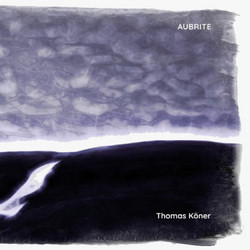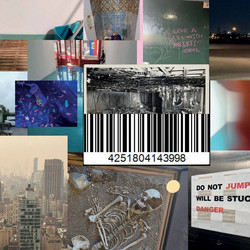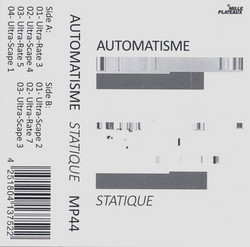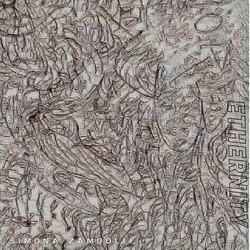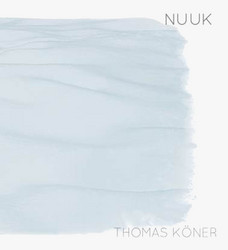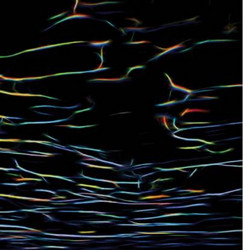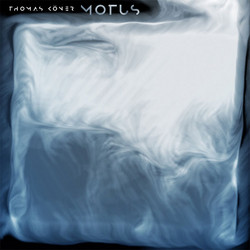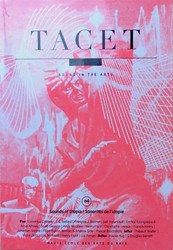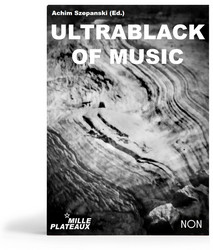His first album on Mille Plateaux is a fine example of Hypercussion, which implies a new rhythmic A-logic when beats split or shoot each other off, or when they overlap and mutate into high-pitched hums and rattlesnake breaks; accelerating, before music again blurs into the grains of noise or calm science fiction landscapes and at the same time builds gigantic sound walls. And such music, as far as its conceptualization is concerned, does not have to submit itself to technology at all, but must understand itself as a form that can be recombined with technology.
The technique of Ibrahim Alfas ahuman music forces a production of such nuanced patterns that only machines are able to execute them, and when the listener wants to capture the patterns, they sometimes simply run away from him or rattle down like a shower of rhythm or pull the rug out from under his feet.
Ibrahim Alfas black political music is music without words (in a double sense). It is not oriented towards the world (it has no object in the world that captures it), nor is it a question of perception. Political music indicates a non-world of pure auto-impression. It is radically black. Instead of Being-in-the-World according to the ideas of phenomenology, it is about Being-in-the-music. By processing music radically immanent to itself, it becomes political. As such, it is only capable of meeting (not connecting) in and with the outside world.
The black of the music is the basis for the Ultrablack. Producer and listener share the imperfection that only Black can authenticate. Neither can the producer assume that his activity will ever end, nor can the listener assume that he will ever stop tearing fragments out of the music. Ultrablackness then points to continuing, never giving up the search beyond the black and seeking the Ultrablack of the black.
